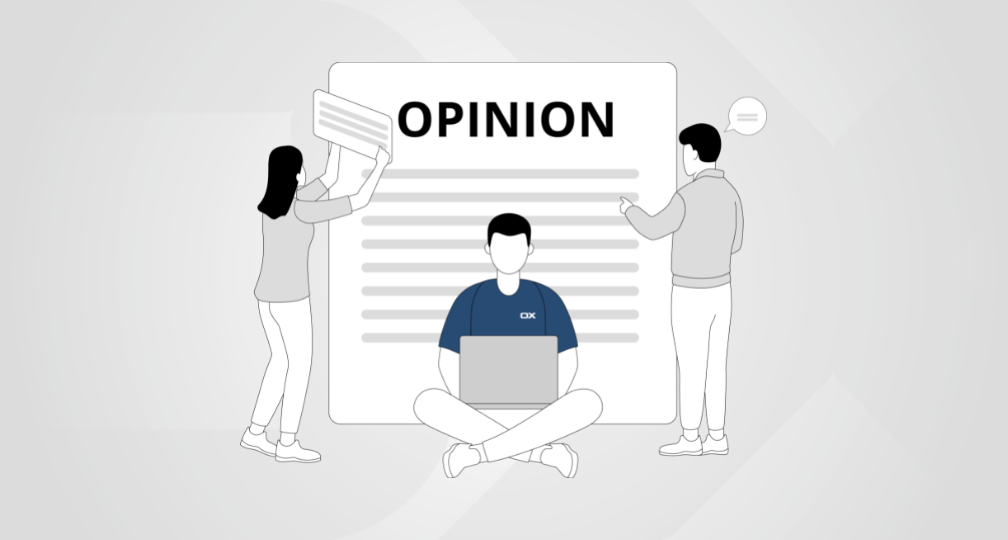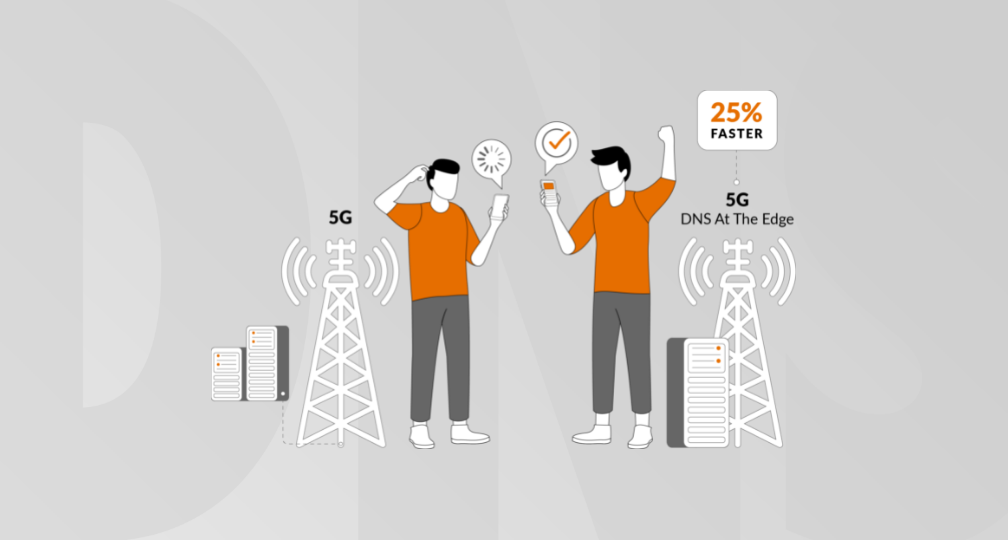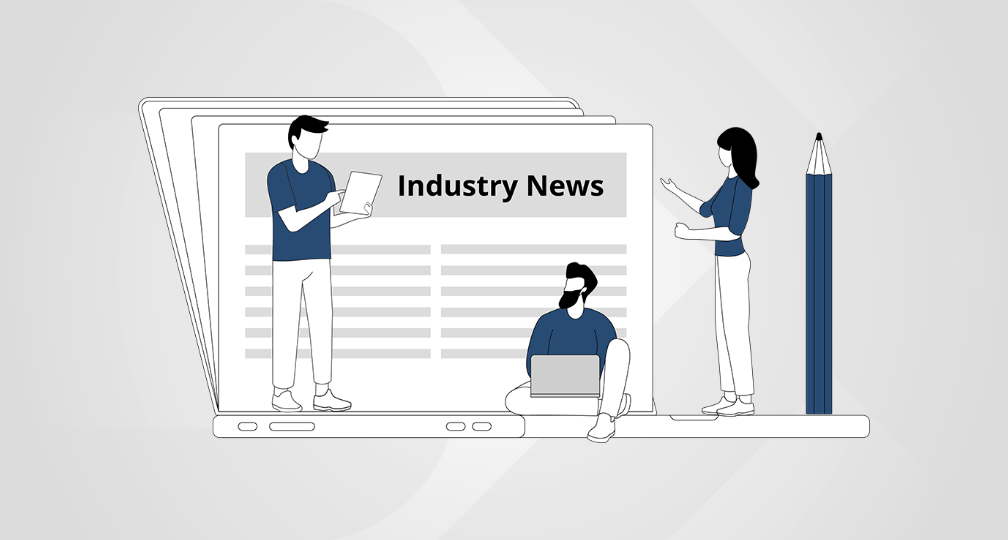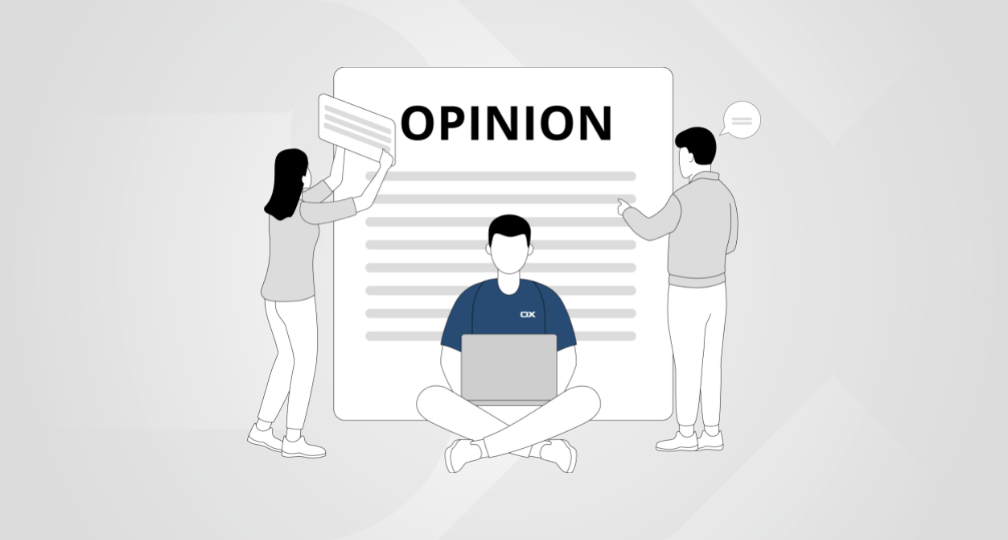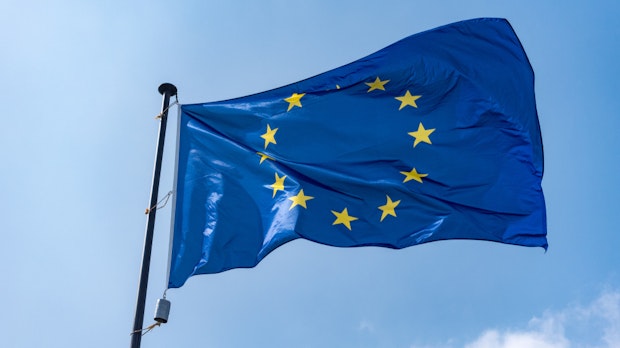
(Photo: Shutterstock)
Data collection, social scoring and our privacy - our guest author sees two ruling systems here, namely surveillance capitalism and communism. But he also has a suggested solution. A comment.
If I pause for a moment and try to summarize the last ten years of digital technology history in a few sentences, the following remains: There are two dominant systems.
On the one hand, the US-American system of Facebook and Google, which collects the data of its users in order to generate income from its advertising customers. On the other hand, there is the Chinese social credit system, with the help of which state power rewards desirable behavior and punishes undesirable behavior.
Harvard professor Shosanna Zuboff coined the term “surveillance capitalism” for the US system. The Chinese system could be characterized as “surveillance communism”.
While the US system has already proven itself for a number of years in the interests of the shareholders of Facebook and Google, the Chinese system is still about to be baptized by fire. Various systems are currently being tested in pilot regions and cities in order to test and optimize the algorithms. A uniform social credit system is to be rolled out as widely as possible from 2020 .
Those who pay their bills get bonus points . Anyone who blaspheme the government has no chance with online dating. Of course, details of China's social rating system send cold shivers down our spines. It seems all the more surprising to us that the majority of Chinese have a positive view of social scoring and that it promises a better society with more equal opportunities and less corruption.
History and habit
Why do we react so sensitively when state systems want to curtail our privacy? The first and spontaneous answer is simple: State surveillance is a horror for the vast majority of us because stories or our own experiences of the Gestapo and the Nazi era, the Stasi and the GDR dictatorship are still very present in our personal or collective memory.
But there is, in my opinion, another, deeper reason in our socialization. These are the values of humanism to which we in Europe have been committed for around 200 years and which form the foundation of the House of the European Union. The whole thing can be read in a few pages in the Charter of Fundamental Rights of the European Union , which celebrates human dignity, freedom, equality, solidarity, democracy and the rule of law. In keeping with the spirit of humanism, the European Union places “the person at the center of their actions” and guarantees every person “the right to the protection of their personal data”.
However, this right has also been continuously eroded in Germany over the past few decades, for example through data retention or the Police Task Act, which were justified with the defense of terrorism and the fight against crime and which always legitimized further encroachment on privacy.
All the more serious is the question of why we throw our convictions so lightly overboard and voluntarily and comprehensively feed the data octopus from Facebook and Google with our personal preferences. The explanation for the " Shiny Object Syndrome ", which says that we are ultimately only slightly developed monkeys, who throw their convictions overboard at any time for a few glittering glass beads, is the explanation possible, but not very flattering .
This thought also helps to explain why tech entrepreneurs in Silicon Valley carry out their mostly humanistic missions (Google: organize the information of this world and make it generally accessible and usable; Facebook: give people the opportunity to form communities and the Bringing the world closer together) always to the back of the table when it comes to continuously delighting your shareholders with new company and growth records - even if you sometimes have to resort to questionable or even unfair methods.
The European way: transparency and open source code
Even if the wind is currently blowing violently from the west and east, we Europeans have a clear compass with the European Charter that focuses on personal rights and the protection of users. We need regulations that are valid across Europe to protect consumers, such as the General Data Protection Regulation, which are subject to severe penalties. And in the future, too, we need strong personalities like Margrethe Vestager, the EU Commissioner for Competition, who also defends our rights against the tech giants from Silicon Valley.
However, to take our fate into our own hands again, a joint effort by the European internet and software industry is required. The key to building new services that respect personal rights lies in the network protocols that were defined in the 1960s and 1970s and which still form the basis for network communication on the Internet today. The implementations of these protocols are free and can be used by anyone, as they are usually under an open source license. The fact that the human-written source code of the software is also publicly available ensures transparency, security and trust.
Is that pure fantasy given the market power of Silicon Valley and the network effect of their closed applications? Not at all! For me, Europe's internet, cable and telecommunications providers are decisive for the success of this idea. At the moment they run the risk of becoming an interchangeable supplier who provides the Internet infrastructure - comparable to DHL, Hermes and UPS, who bring the Amazon parcels to us.
Europe's Internet service providers sometimes have decades of relationships with more than 500 million customers and were all surprised by the speed and force with which the developments from Silicon Valley - above all the smartphone and its applications - have become an integral part of the life of the Users became. There are first signs that they are slowly shedding their awe of Silicon Valley and are settling on the fight for the hearts and minds of customers with attractive services that respect the right to privacy and the protection of personal data.
Even if it currently looks as if Germany and Europe are hopelessly behind in the race for technological supremacy in the 21st century, a look at the recent history of technology can be encouraging. Because at the beginning of the 20th century Henry Ford also had a quasi-monopoly in the manufacture of automobiles through the consistent implementation of assembly line production. After all, a large number of other automobile manufacturers could challenge him for this position - even if it took a few decades.


